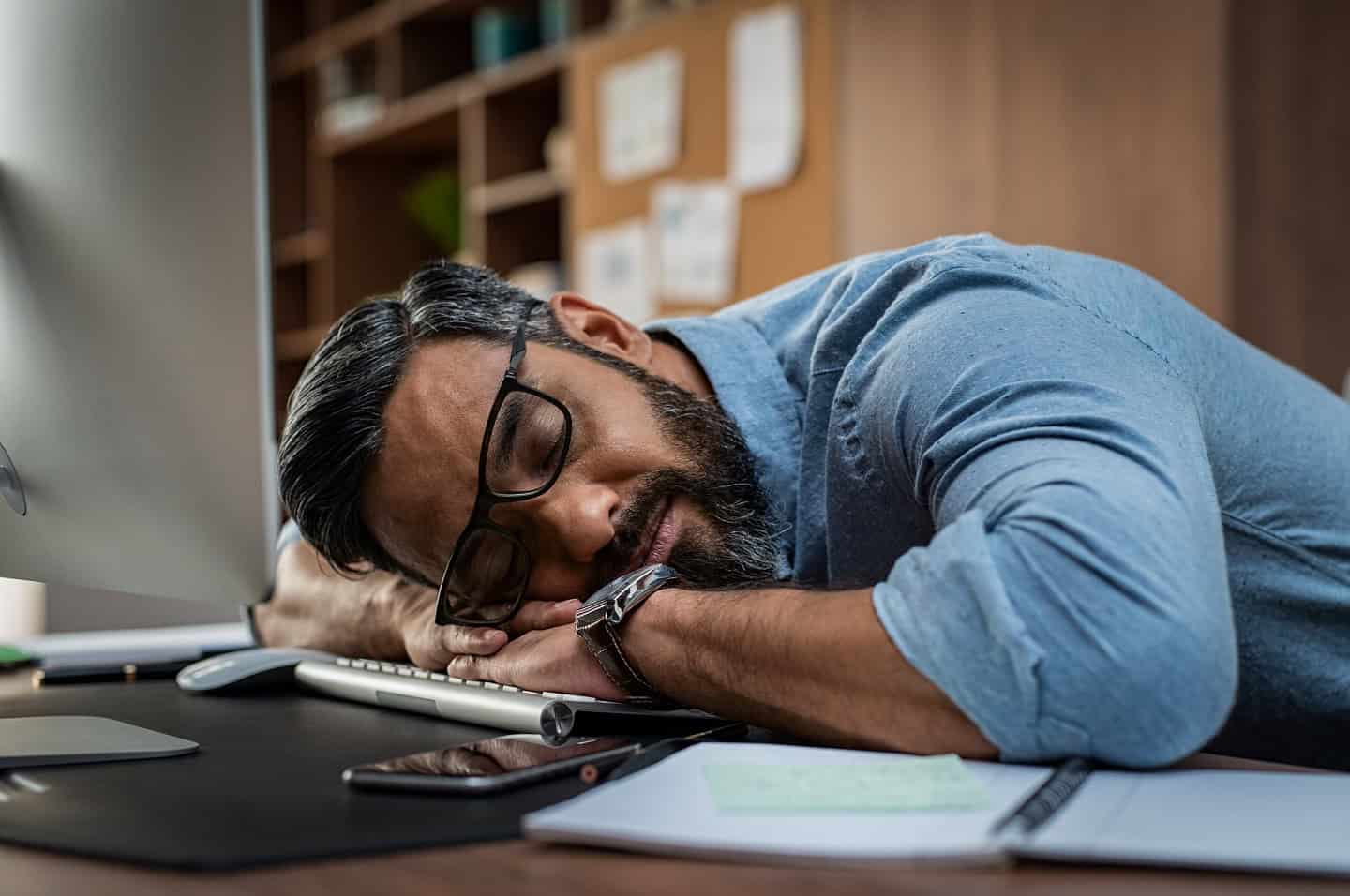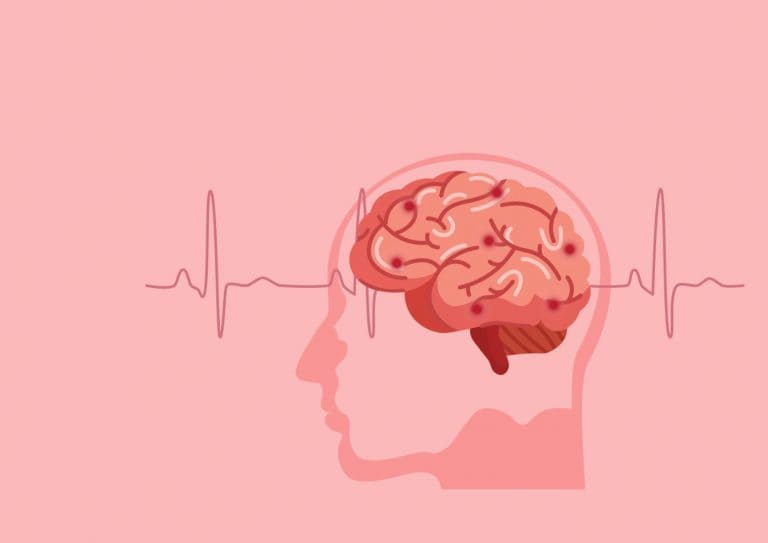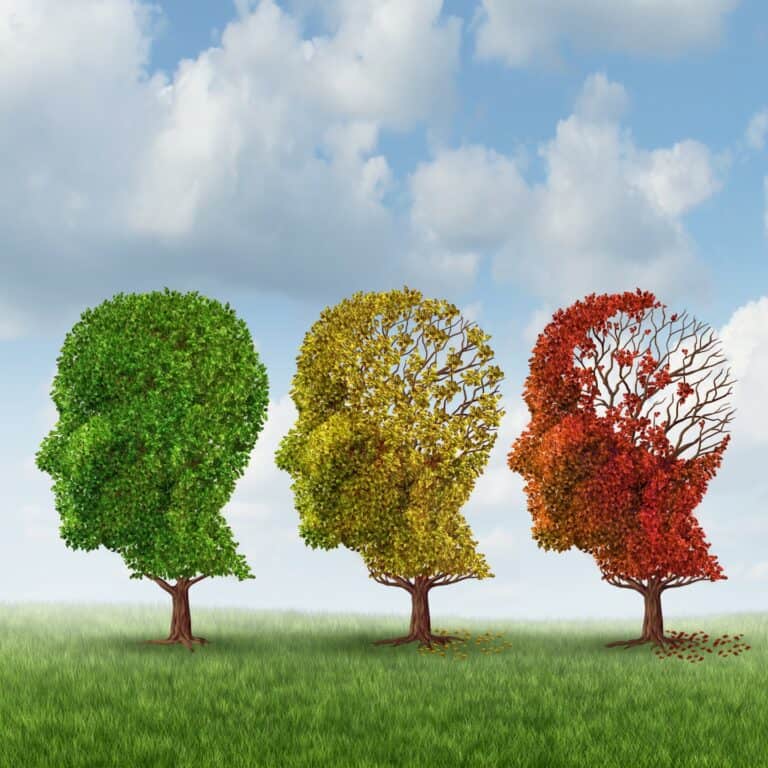
The impact of sleep after stroke
Sleep is one of the most important things we do. Research into the vital role sleep plays in our overall health is advancing, and with this has come greater awareness of how critical it is to get good sleep.
Good sleep is essential for the brain health of all; during good quality sleep our brain is cleansed of waste products and memories are organised, consolidated and strengthened. Without sleep our brains cannot function as well. It can be difficult to concentrate, cause irritability and can impair our decision-making, leading to poor choices.
Sleep is especially important for those who are recovering from a stroke, with sleep being able to contribute to quicker recovery and an improved outcome overall. One of the reasons for this is because a good night’s sleep improves neuroplasticity (the brain’s ability to ‘re-wire’ itself and create new neural pathways, which are important post-stroke for re-learning movements and skills). Another benefit of sleep for people who have had a stroke is its ability to help the brain consolidate memories, which can aid rehabilitation.
Unfortunately, however, the ability to achieve good sleep is often negatively impacted by stroke This can feel frustrating and can lead to irritability and low mood.
To further complicate matters, many stroke survivors will suffer from some degree of post stroke fatigue, meaning that they may need to sleep at times during the day. However, if they are not getting enough high-quality sleep, they will still be missing out on the type of restorative sleep that is essential for maximising their recovery.
Ideas to improve quality of sleep
‘Sleep hygiene’ refers to simple but effective steps which can be taken to improve quality of sleep, and includes:
- Avoiding caffeinated drinks such as tea/ coffee, which act as a stimulant, from mid-afternoon.
- Reinforcing a regular wind-down routine, which might include taking a warm bath, reading a book or listening to some relaxing music.
- Limiting the use of electronic devices with bright screens (mobile phones, tablets and laptops) at night, and for at least 30 minutes before bed.
- Having a consistent sleep schedule – this means going to bed and waking up at the same time every day, including weekends.
- Making sure your sleep environment is cool, dark and quiet.
Exercise is not only an excellent way to facilitate stroke recovery, but it can also improve your quality of sleep. Gentle exercise such as yoga or walking can help improve sleep quality, as can breathing exercises and medication. Getting exposure to natural light every day, especially in the morning, can also help regulate sleep, so a morning walk can be particularly effective.
Help and Support
Recovering from a stroke takes time and patience. It is important to be kind to yourself; reflect on the improvements you have made (however small) and allow yourself the time you need to rest.
There are a number of organisations providing help, support and advice for people who have had a stroke, as well as support for their families and loved ones.
Different Strokes is a fantastic charity. They are passionate about helping younger stroke survivors (those still of working age) and their families.
Headway, the Brain Injury Association, offers support and advice to people who have suffered all types of brain injury, including stroke.
A wealth of information can also be found at the Stroke Association and the on the NHS website.
How can a legal claim help?
Embarking on a legal claim may seem daunting, particularly if you are struggling with the after-effects of stroke. We understand the impact this may have had on you and the people close to you.
We are experts in dealing with the unique challenges of claims related to strokes, including failures to prevent a stroke from occurring, and/or a delay in diagnosis/treatment of stroke. We work hard to support you through every step of the process.
For a free, no obligation chat, please call us on 020 3925 9638.










